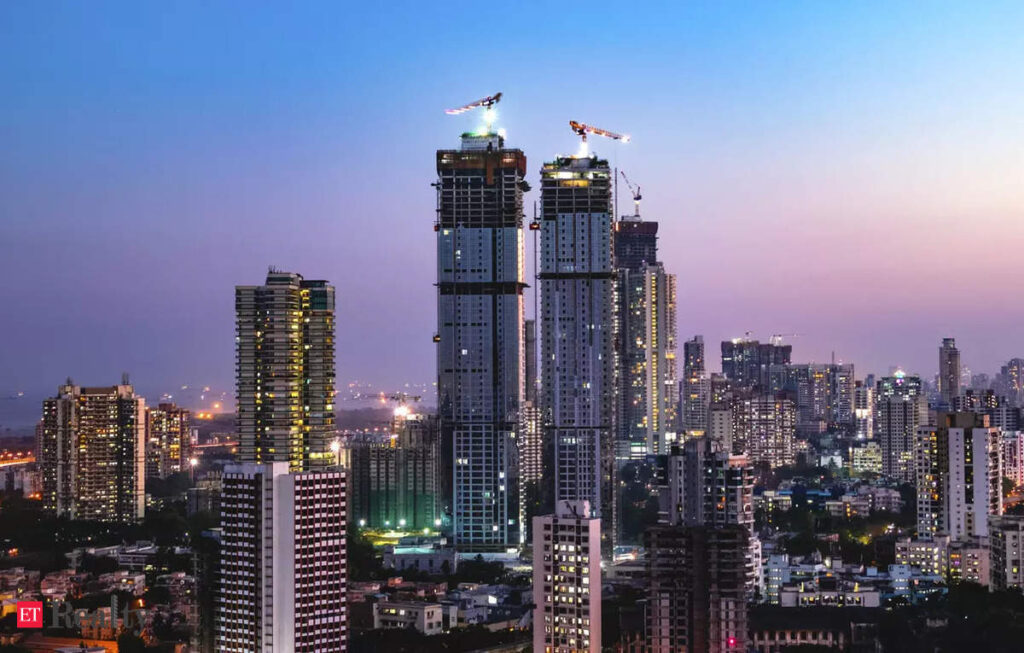New Self-Certification Rules for Electrical Safety in High-Rises Spark Controversy, ET RealEstate

CHENNAI: The state govt’s recent order allowing self-certification of electrical safety in high-rise buildings with a voltage level below 650V has drawn a mixed reaction with builders welcoming it and public experts warning that this could put homebuyers at risk.
Most high rises fall in this category and till now all such buildings needed to be certified as safe by electrical inspectorate (EI) officials. Only after that could they be sold. However, the new rules state that only those high-rise buildings with a voltage level above 650V should be inspected by the electrical inspectorate. Buildings with a voltage level between 250V and 650V can be self-certified by the builders through chartered electrical safety engineers (CESE).
Credai president Mohamed Ali said the state govt had brought clarity to the long-pending issue. However, Appavoo Subbiah, a retired chief of the electrical inspectorate, said the state govt has brought changes without creating a pool of CESE, and that this will create more problems.
“The state govt has not done much to create such engineers. All of a sudden, the state govt wants high-rise buildings to be certified by safety engineers, but there is no one for builders to approach. It is a violation of the central electricity authority’s regulation 32. The govt should do something at least now to train safety engineers. This would also create jobs for engineers since most of the high-rise buildings come under medium voltage installations, that is below 650V,” Subbiah said.
Ravichandran, a private energy consultant, said training of electrical safety engineers should have been given priority before such measures were brought in.
Tangedco should allow such safety engineers to periodically inspect its distribution network at the low-tension level, said Subbiah. “Excluding the role of CESEs entirely from Tangedco’s installation up to 33 kV is diluting the rights of the common public as at least half the electrical fires and electrocutions happen in the low-tension network,” he added.









